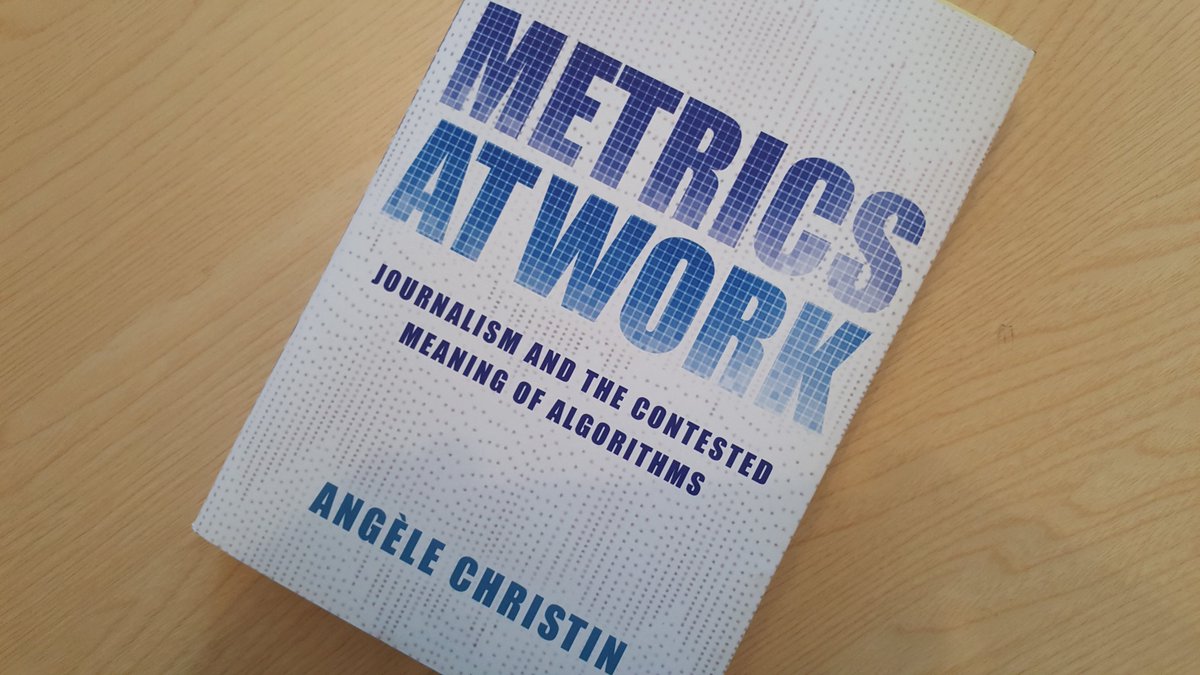
The starkly different ways that American and French online news companies respond to audience analytics and what this means for the future of news.
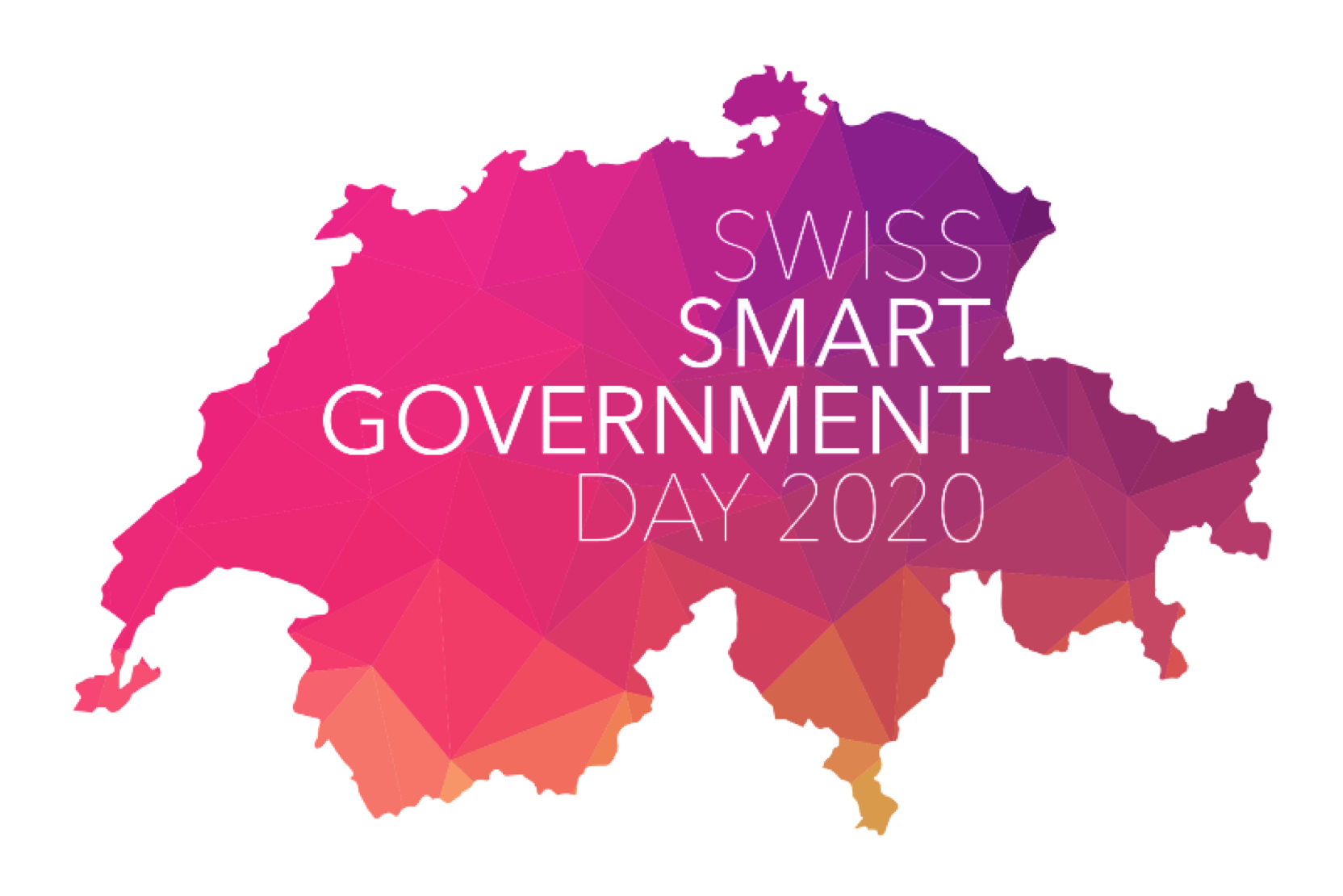
Experientia's partner Jan-Christoph Zoels and our Swiss collaborator Thomas Schertenleib will be leading the process workshop "Culture of participation: digital stakeholder engagement post COVID" at the upcoming Swiss Smart Government Day (8 September 2020, St. Gallen).

While it's easy to blame the user, phishing schemes have become incredibly sophisticated and believable. So, instead of blaming the user, we want to instead bring an empathetic lens, and understand more about their needs.
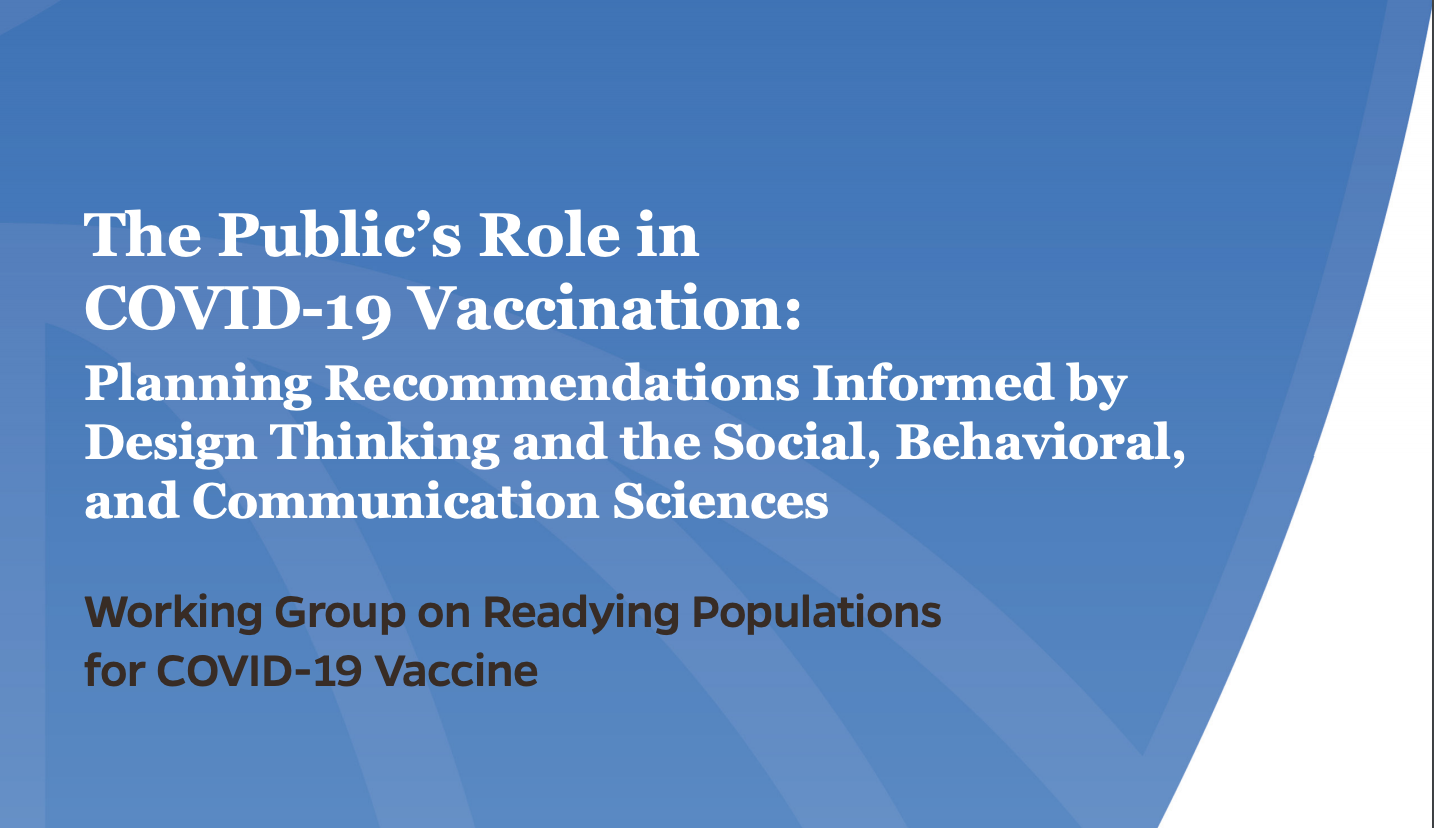
This report considers human factors in relation to future vaccines against the novel coronavirus (SARS-CoV-2), drawing on insights from design thinking and the social, behavioral, and communication sciences. It provides recommendations on how to advance public understanding of, access to, and acceptance of vaccines that protect against COVID-19.

Today is the 15th birthday of Experientia.
The first ones to thank are all our collaborators (former and current ones), but also our clients, our partners and our network for their support and commitment. We wouldn't have reached our 15 years without you.
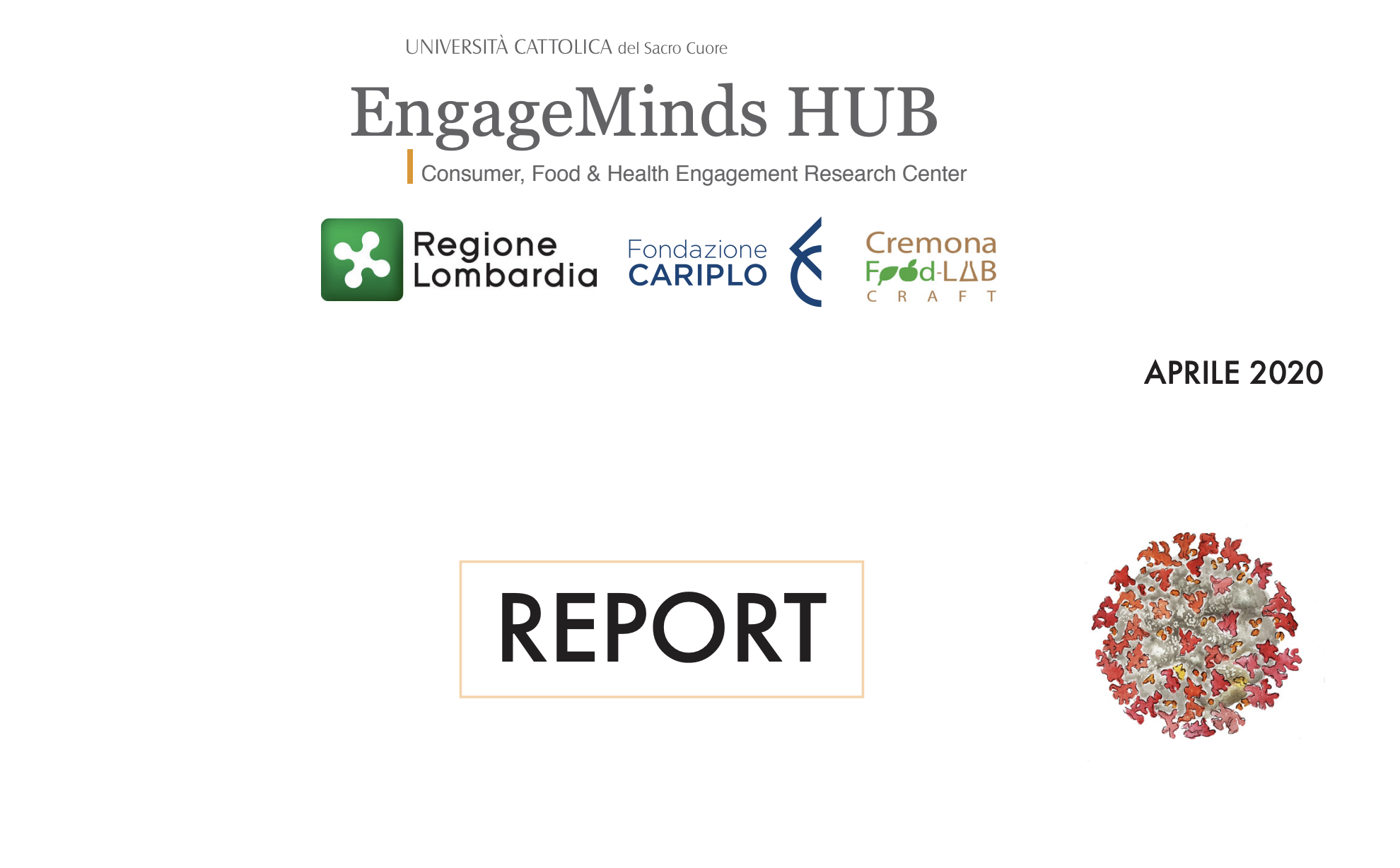
The Milan-based consumer and health research center EngageMinds HUB of the Università Cattolica has done some timely research on how Covid-19 has influenced the behavior of Italians.
The reports are all in Italian, so you should use a translation engine if you want to read them in full. Meanwhile here is a summary.
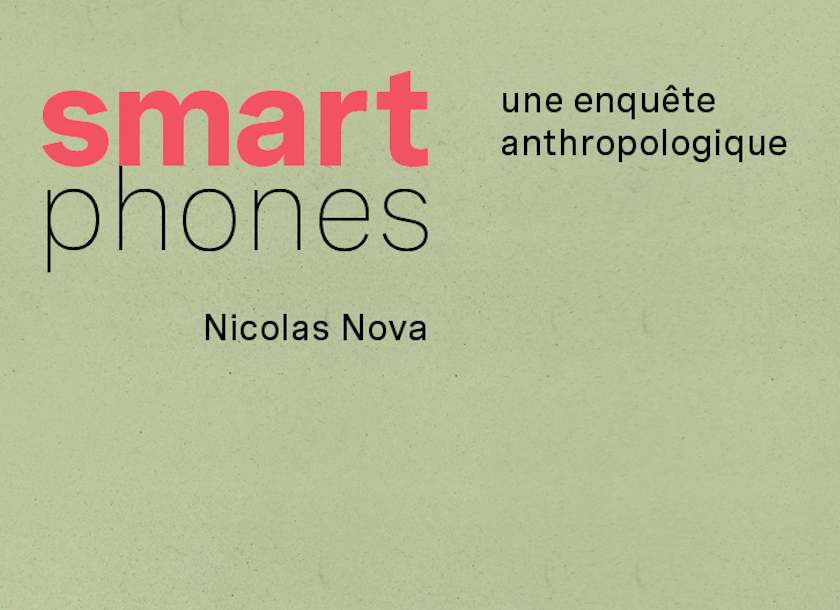
Sur la base d'une enquête de terrain menée à Genève, Los Angeles et Tokyo, cet ouvrage aborde la dimension proprement anthropologique du smartphone.
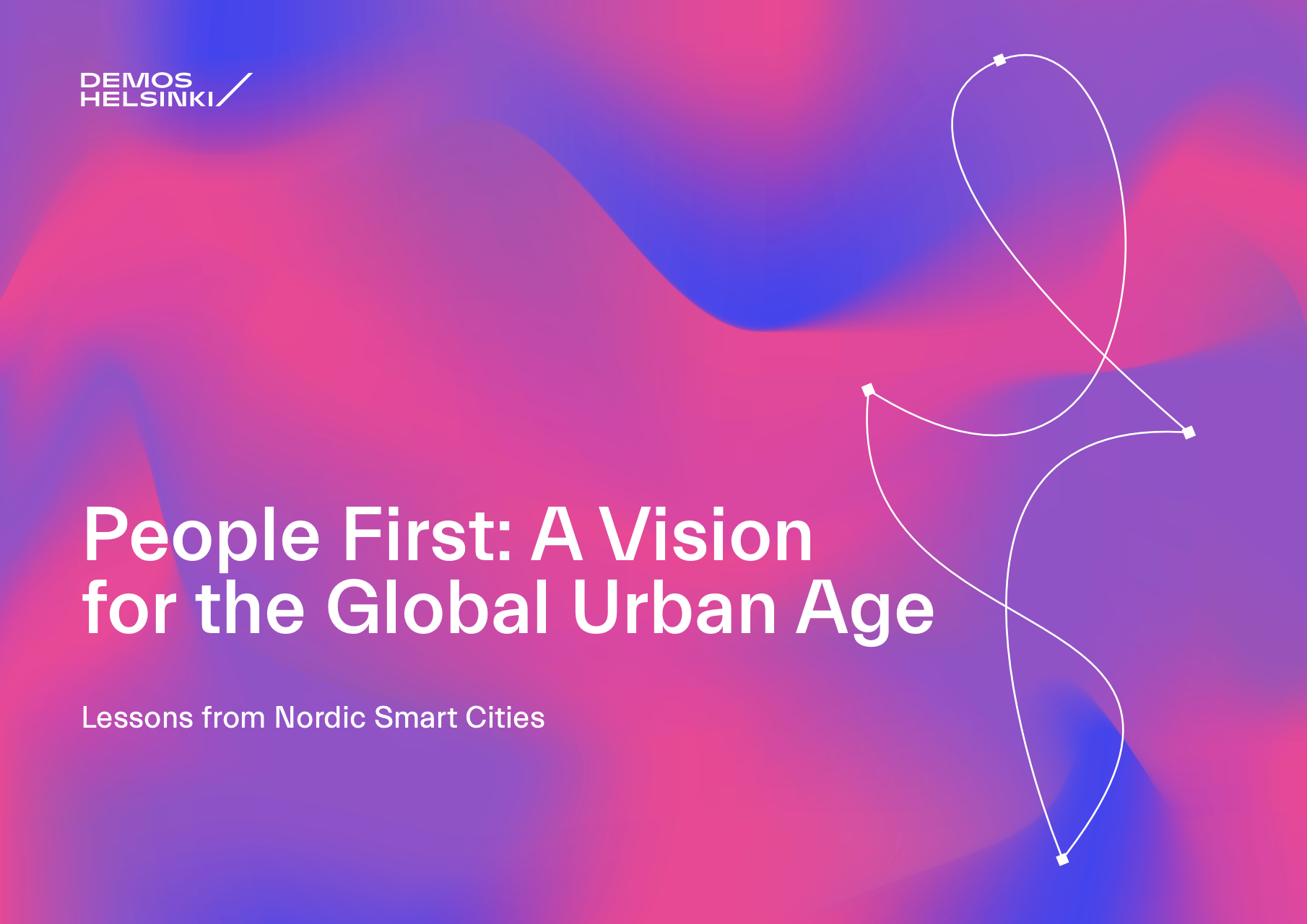
While it is argued that smart city development is at an impasse, we argue that it is at a crossroads. It is possible to simultaneously develop and adopt new technologies and strengthen people's rights. This has been proven in the Nordic cities and Barcelona. The People-first vision presented in this report shows how it is possible for all cities.
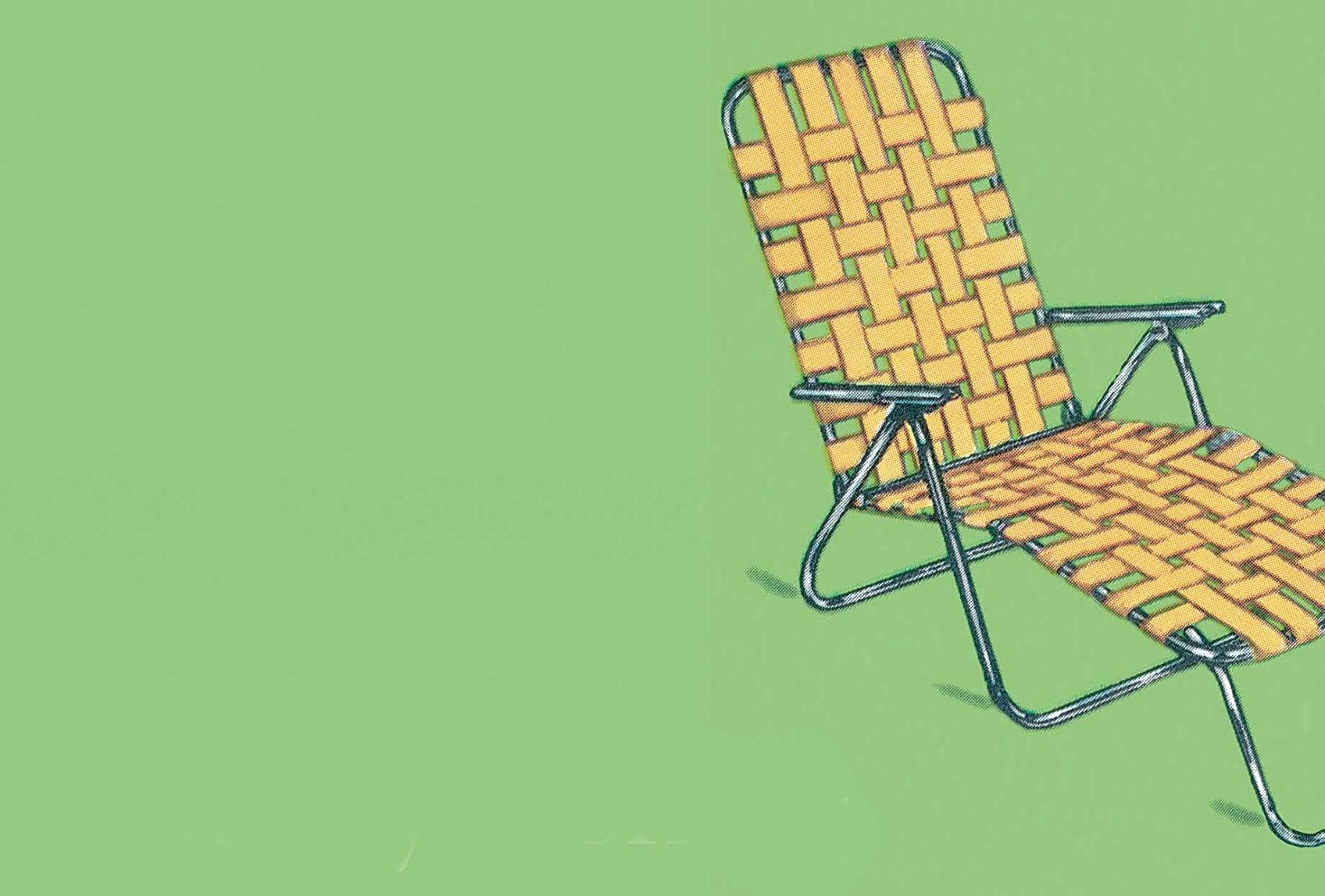
Drawing from an incredibly rich trove of global data, this groundbreaking book reveals that human progress has been slowing down since the early 1970s. Danny Dorling uses compelling visualizations to illustrate how fertility rates, growth in GDP per person, and even the frequency of new social movements have all steadily declined over the last few generations.
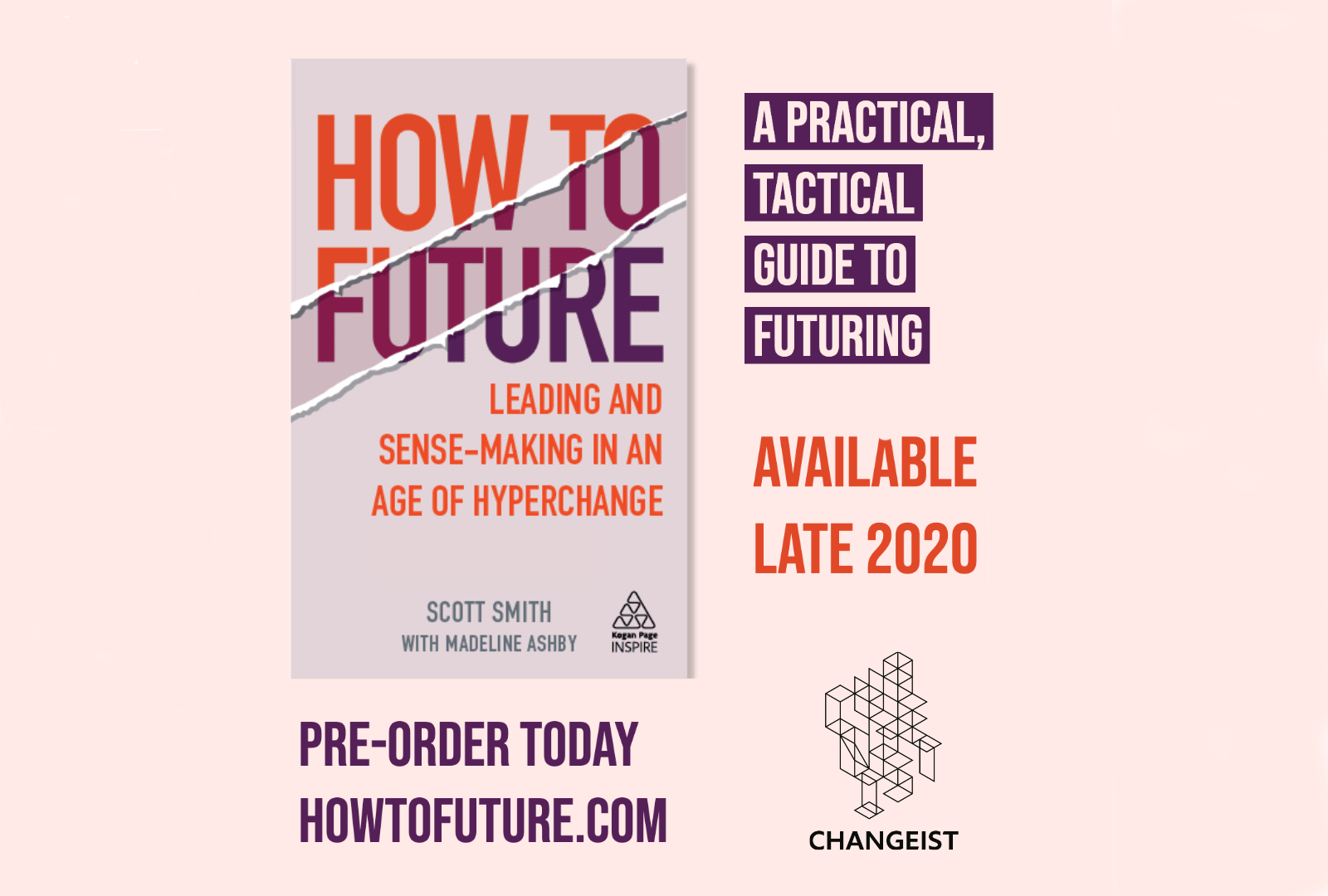
How to Future is a guidebook to futuring and arms you with tools, strategies and practices that illuminate new strategic pathways.

Humanity either learns key lessons from the pandemic, corrects course and becomes a more resilient species. Or it tears further apart and expands the divisions in society that predated Covid-19. In a new e-book on what will change, Breakingviews (a unit of Reuters, the news and media division of Thomson Reuters) takes the more optimistic view.

Without consideration for all humans inhabiting cities, smart city and technological approaches have the potential to exacerbate socio-economic divisions, corporate dominance, and top-down governance.
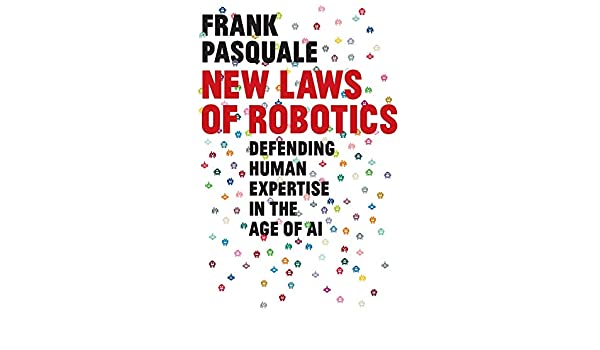
AI is poised to disrupt our work and our lives. We can harness these technologies rather than fall captive to them - but only through wise regulation.
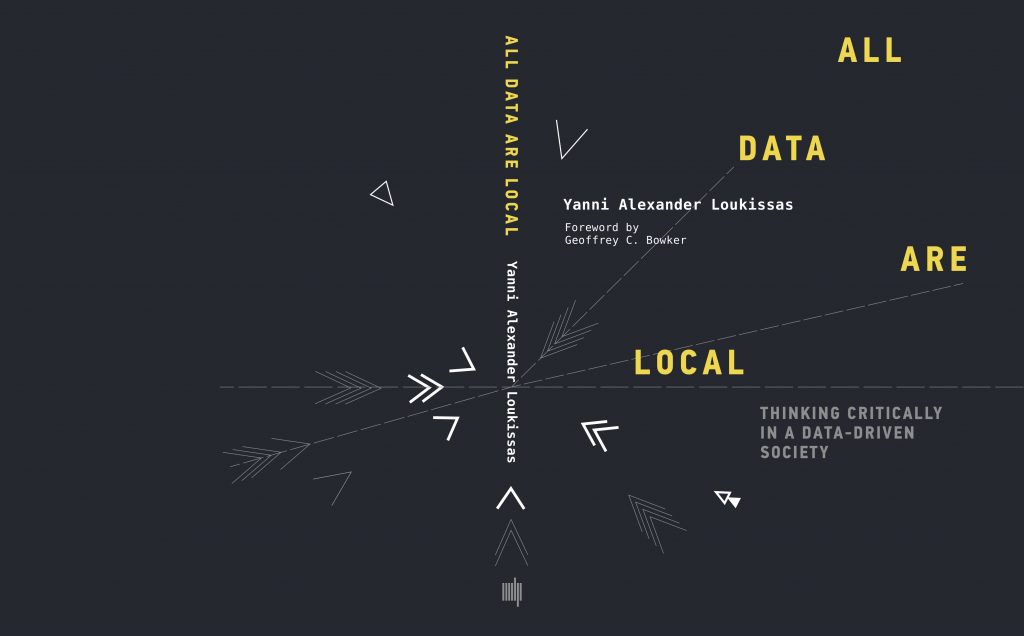
In our data-driven society, it is too easy to assume the transparency of data. Instead, we should approach data sets with an awareness that they are created by humans and their dutiful machines, at a time, in a place, with the instruments at hand, for audiences that are conditioned to receive them, says Yanni Alexander Loukissas, Assistant Professor of Digital Media in the School of Literature, Media, and Communication at Georgia Tech.
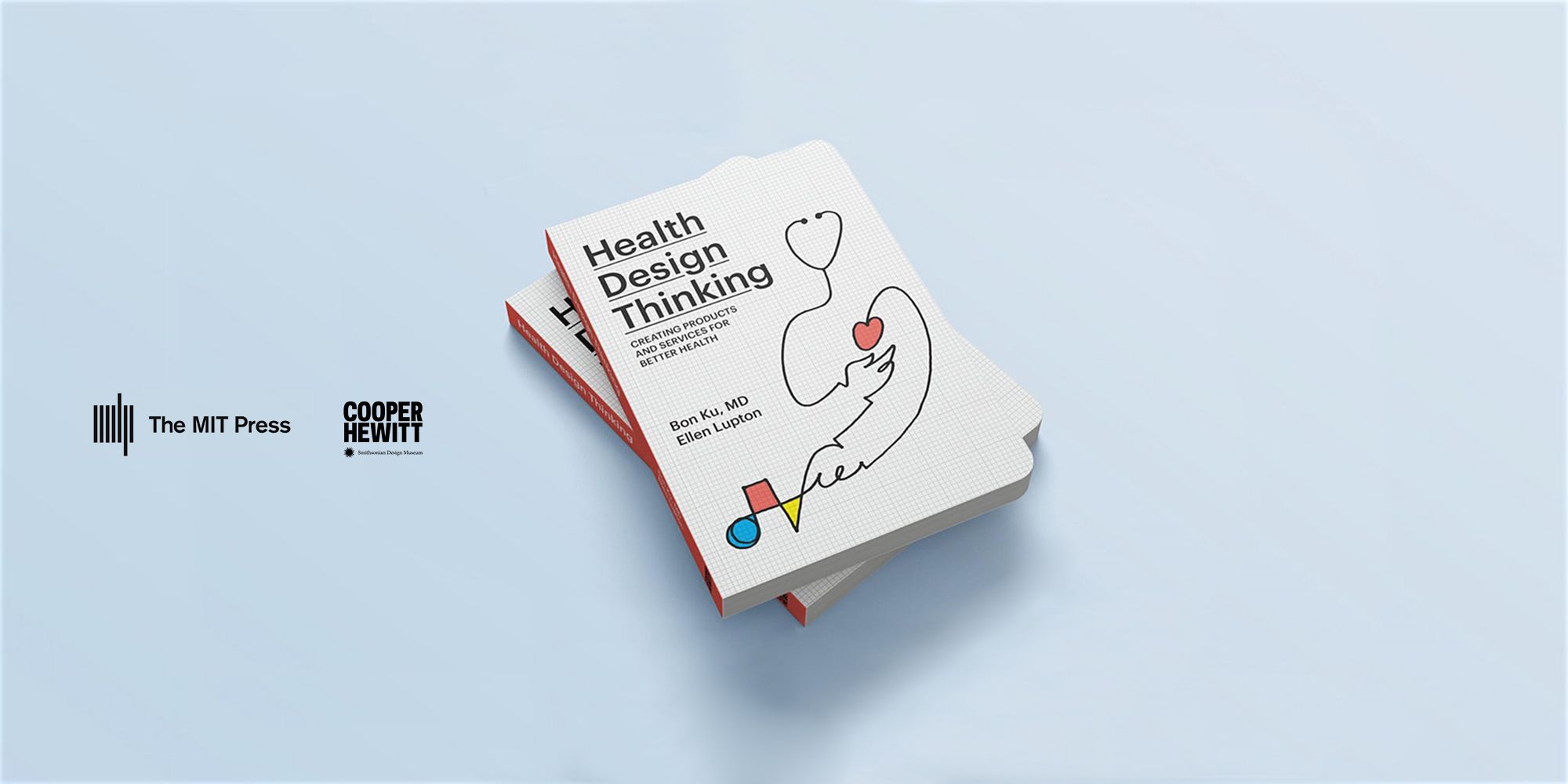
Applying the principles of human-centered design to real-world health care challenges, from drug packaging to early detection of breast cancer.

The MVP is a double-edged sword in that it focuses your engineering and product management priorities, but might steamroll user priorities. An MVP that misses 'desirable' will risk the unintended consequence of poor user adoption.

The world after Corona will not be the same. When the corona wave has passed, our societies will likely be more value-oriented, local and green, writes Christian Bason of the Danish Design Centre.
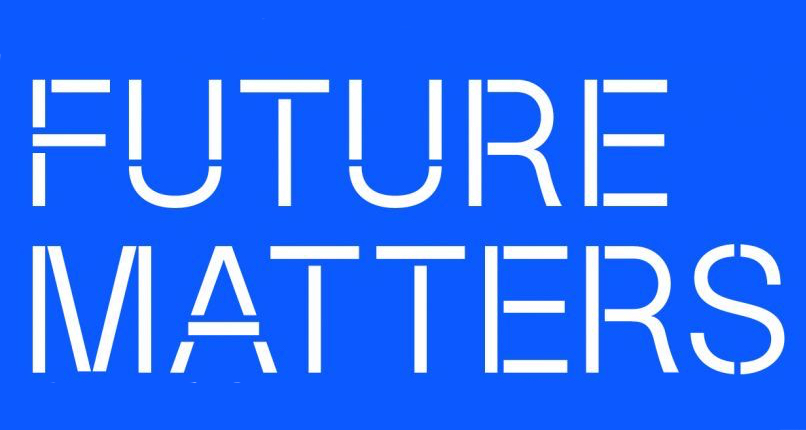
In the first Constellation of Future Matters, the team of the Emerging Technologies Research Lab of Monash University considers various aspects, from different perspectives, of the home during crisis.

While the role of behavioural science in the UK's handling of the pandemic has been criticised, Peter John and Gerry Stoker argue that it is important for governments to try and influence citizens' behaviour rather than rely on laws that are harder to enforce. They nevertheless explain why a different "nudging" approach ought to have been used in this case.

New research from Wharton marketing professors Shiri Melumad and Robert Meyer finds that people are more willing to share deeper and more personal information when communicating on a smartphone compared with a personal computer.



















